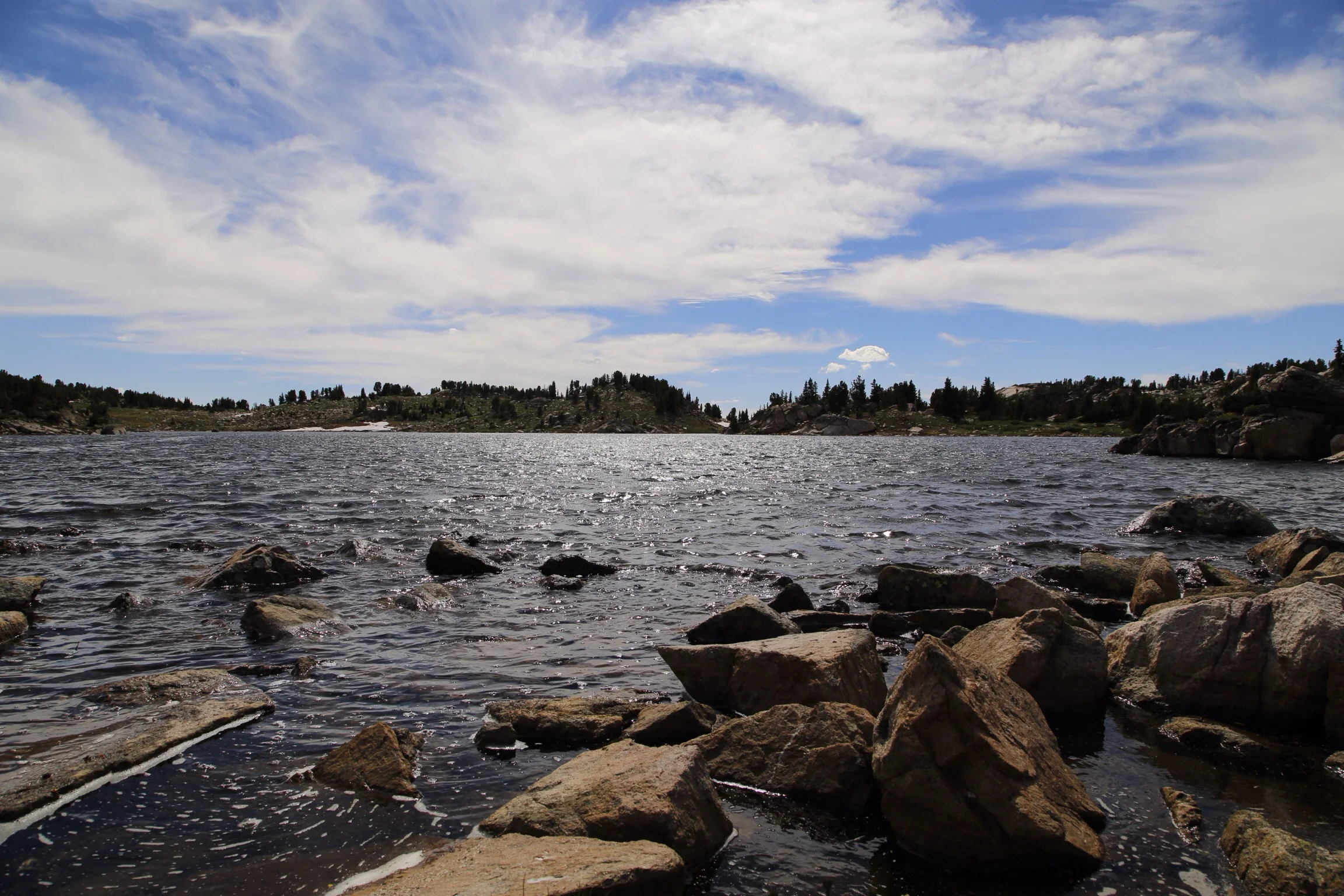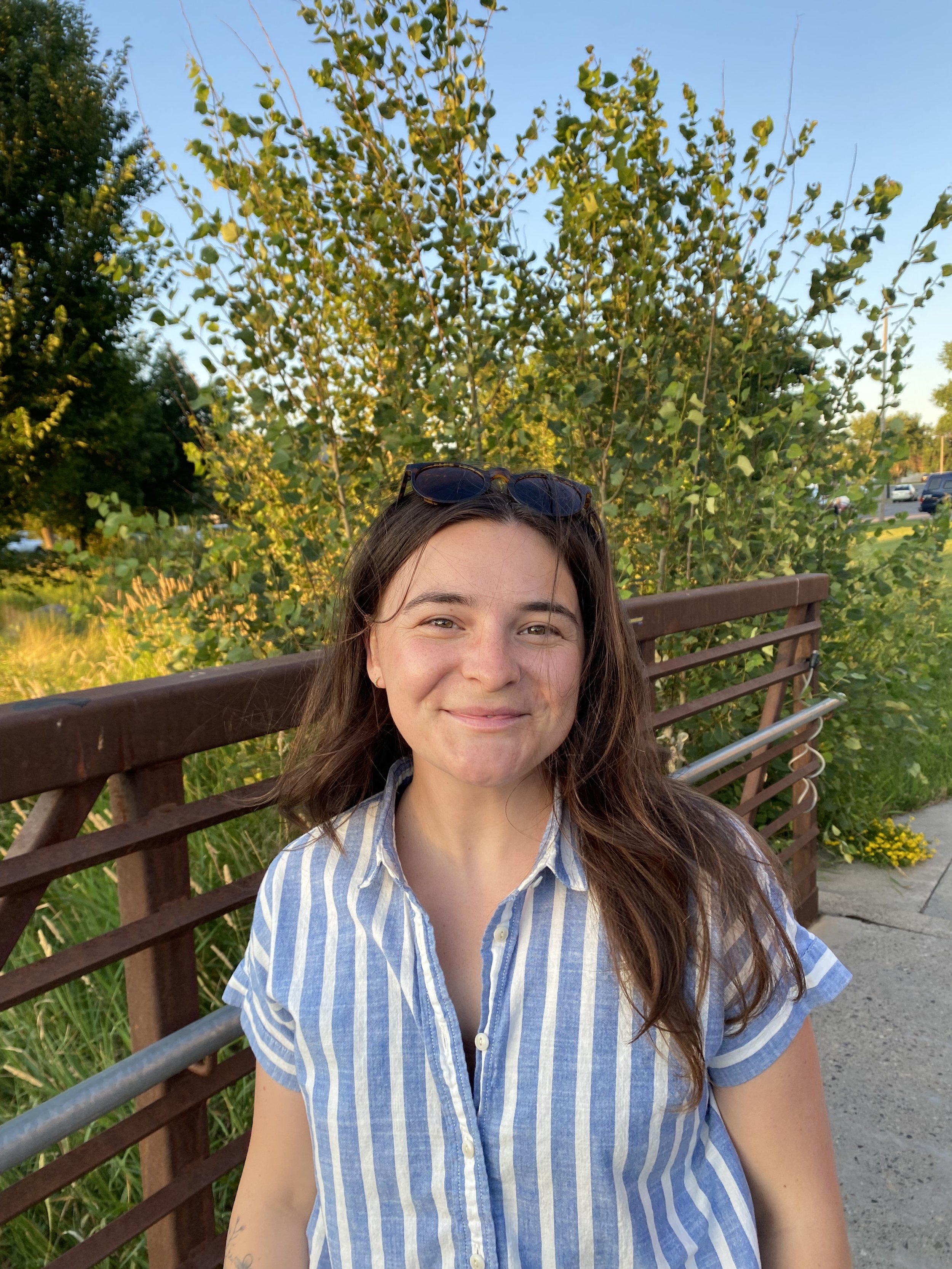stephanie Ayotte
TEMPORAL AND SPATIAL VARIATION OF MICROBIAL COMMUNITY DYNAMICS RELATED TO NITROGEN REMOVAL IN CONSTRUCTED WETLANDS
In wastewater treatment, microorganisms are key to the removal and transformation of nutrients, particularly nitrogen. Niche interactions between microorganisms play an important functional role in the development of in-situ biofilm but are not thoroughly characterized in many engineered systems. Nitrogen removal requires symbiosis of various organisms but has the potential to emit large quantities of nitrous oxide (N2O) gas under non-ideal conditions. N2O is a potent greenhouse gas with a global warming potential nearly 300 times stronger than carbon dioxide. Additionally, N2O is a relatively inert gas, ensuring slow degradation and long-term effects to the global atmosphere. This research focuses on microscale effects in established biofilm communities in a pilot-scale constructed wetland and their relation to greenhouse gas (GHG) emissions. Our efforts will aim to understand, characterize, and correlate the microbial metabolisms with N2O production to facilitate future research aimed at GHG mitigation and enhanced nutrient removal. Constructed Wetlands are an inexpensive form of natural wastewater treatment, requiring little to no external energy, needing minimal maintenance, and having higher resilience to changes in nutrient loading than lagoon or pond systems. Constructed Wetlands have the potential to replace failing and obsolete systems across rural America, enhancing wastewater treatment and improving water quality. However, expansion of this technology has been limited in the United States. This research additionally hopes to expand the understanding and practical limits of Constructed Wetlands as a green technology for wastewater treatment.
Stephanie grew up in coastal southern Maine where she developed a passion for protecting natural ecosystems. After graduating with a BS in Civil Engineering from the University of Maine in 2020, she pursued a graduate degree at Montana State University. Currently, Stephanie is an Environmental Engineering PhD candidate in the department of Civil Engineering where she studies nature-based solutions for domestic wastewater treatment. Her research has focused primarily on greenhouse gas emissions and microbial community dynamics in treatment wetlands.

